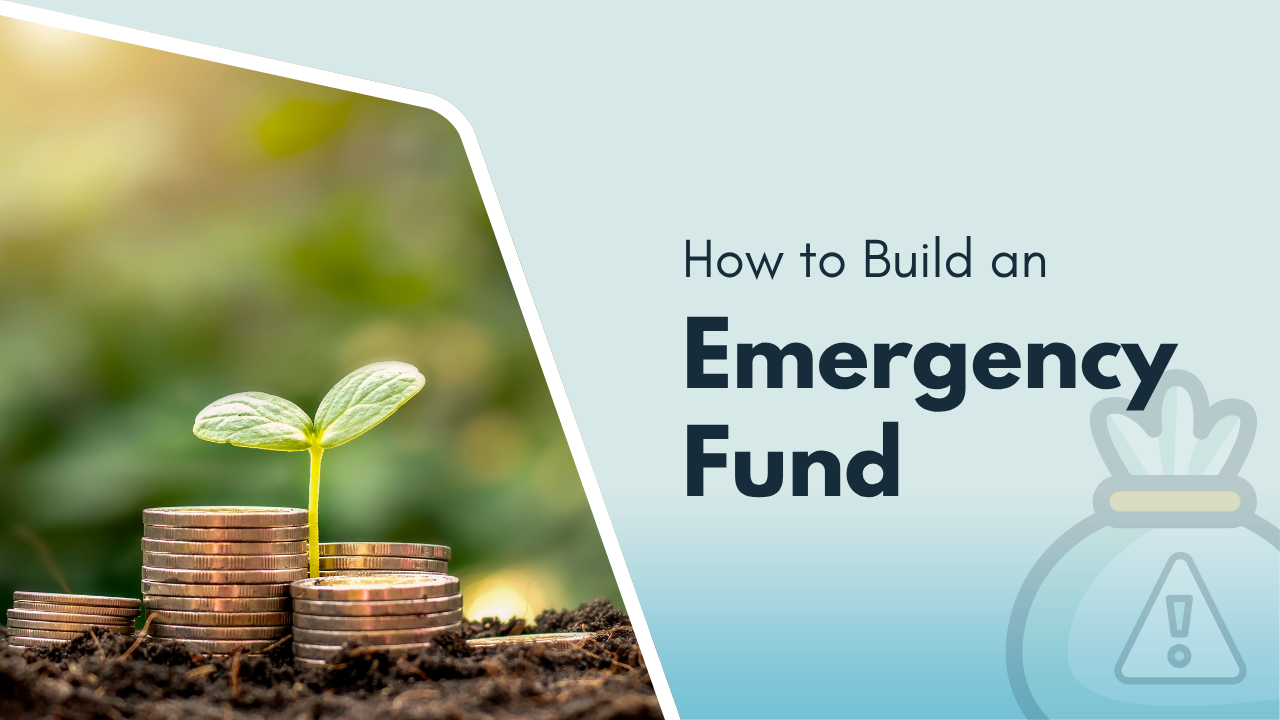
Post by : Sami Jeet
Disclaimer: This article serves as general information and should not be interpreted as financial advice. Consult a certified financial advisor for guidance specific to your financial situation.
An emergency fund is crucial for maintaining financial security, yet many people fail to prioritize it until emergencies arise. Life can be unpredictable, and unexpected expenses—be it medical bills, job loss, car repairs, or family emergencies—can easily lead to financial distress. An emergency fund serves as a buffer, ensuring stability even when circumstances become challenging.
In this guide, we will outline the necessity of having an emergency fund, provide recommendations on how much to save, and detail practical steps to build one effectively, regardless of your income.
Unforeseen expenses can derail your financial plans. Without savings, many rely on credit options or loans that incur high-interest fees, leading to long-term financial obligations.
1. Prevents Debt Accumulation
When unexpected costs arise, lacking savings often forces individuals to borrow at high-interest rates. An emergency fund helps you avoid this trap.
2. Alleviates Financial Stress
Having savings set aside can provide peace of mind during tough financial times.
3. Protects Long-term Investments
Without a safety net, you might feel pressured to liquidate investments prematurely, resulting in financial losses.
4. Prepares You for Employment Disruptions
A proper emergency fund grants you time to find new employment without imminent financial pressure.
Experts commonly recommend saving three to six months' worth of essential living expenses, which encompass:
Housing payments
Utility costs
Groceries
Transportation expenses
Loan repayments
Education fees
Health insurance premiums
List your necessary monthly expenditures.
Multiply the total by three for a basic safety net.
Multiply by six for a more robust safeguard, especially if you have dependents or an irregular income.
You may need nine to twelve months of savings if:
You are self-employed
You work in a fluctuating sector
You have a larger family to support
You face health issues or substantial monthly obligations
Your emergency fund should be readily accessible, yet safeguarded against impulsive spending.
1. High-yield savings accounts
Provide immediate access while accruing interest.
2. Money market accounts
These are safe, liquid, and typically offer better interest rates than standard savings accounts.
3. Short-term fixed deposits
Allow for easy access during emergencies with minimal penalties.
4. Liquid mutual funds (ideal for moderate savers)
Deliver higher returns at low risk and facilitate easy withdrawals.
Avoid investing your emergency savings in stocks, long-term fixed deposits, retirement accounts, or any risky ventures where values can fluctuate unpredictably.
Even with modest earnings, you can initiate a savings plan that will grow over time. Consistency is key.
Start with an amount equal to one month’s expenses and gradually increase it.
Schedule automatic transfers from your paycheck to your emergency savings account; this promotes discipline.
Limit expenses on memberships, dining out, or shopping until your fund reaches a comfortable level.
Deposit bonuses, tax refunds, or gifts into your emergency fund instead of spending them.
Avoid mixing daily expenditures with your emergency savings to prevent temptation.
As your income or expenses shift, ensure your emergency fund target reflects those changes.
Only dip into your savings for authentic emergencies, not lifestyle choices.
Health crises
Sudden unemployment
Essential home or vehicle repairs
Emergency familial travel
Unforeseen bills or legal fees
Holidays
Shopping sprees
Electronics
Entertainment
Dinners out
The aim is to safeguard your fund for genuine emergencies.
If you access your emergency savings, prioritize rebuilding it.
Hold off on non-essential spending
Temporarily increase automated transfers
Utilize extra income
Assess your budget
Your emergency fund acts as a crucial financial barrier—it’s vital to keep it intact.
Building an emergency fund transcends mere savings; it serves as your financial safety net. Establishing one equips you with the confidence and stability needed to navigate life’s unpredictable events without succumbing to debt. Begin small, maintain consistency, and opt for appropriate saving instruments. Over time, your emergency fund will transform into a robust asset, providing long-term security against uncertainties.










Curry Powers Warriors to Nail-Biting 109-108 Victory Against Spurs
Stephen Curry's 49 points propel the Warriors to a dramatic 109-108 NBA Cup triumph over the Spurs,

India Advances to Semi-Finals After Thrashing USA in Women’s Blind T20 World Cup
India secured a dominant ten-wicket victory over the USA, advancing to the semi-finals in the Women’

South Africa's Early Advantage as India Struggles on Day Two
On Day Two, India reached 138-4 as South Africa took three early wickets, complicating matters with

Kenta Nishimoto Defeats Lakshya Sen in Japan Masters Semifinal
Lakshya Sen's journey in the Japan Masters ends after losing to Kenta Nishimoto 19-21, 21-14, 12-21

Kenta Nishimoto Defeats Lakshya Sen in Japan Masters Semifinals
Lakshya Sen's run at the Japan Masters concludes with a loss to Kenta Nishimoto in the semifinals, 1

Major IPL Trade: Jadeja Joins Royals as CSK Signs Samson
In a significant IPL trade, CSK has acquired Sanju Samson from Rajasthan Royals in exchange for Ravi